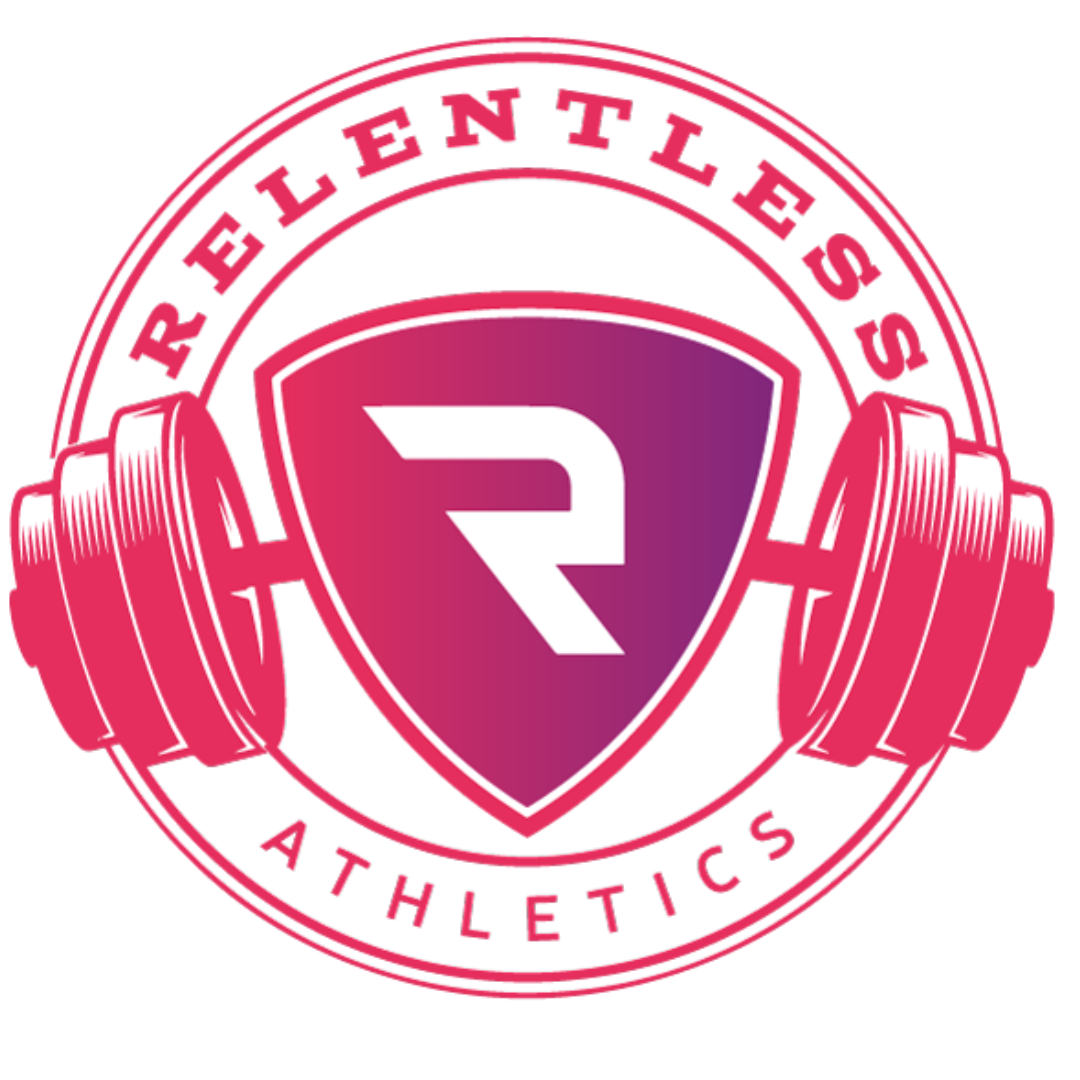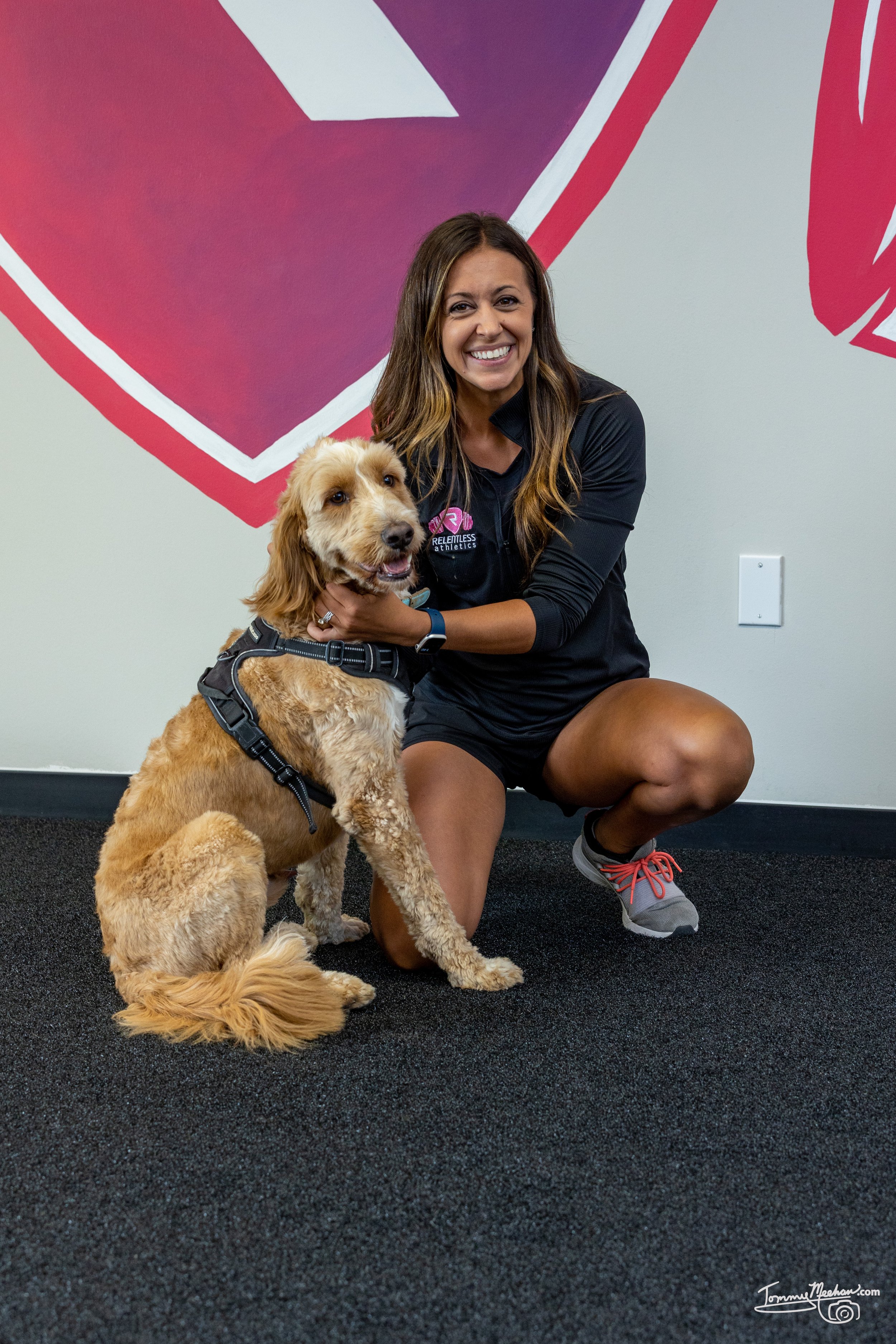Is Your Daughter Doing Too Much? How to balance Sports and Health this season.
By Emily Neff (Pappas), Ph.D. (c)
With the sports season in full swing, many young athletes juggle school practices, games, and weekend tournaments.
At Relentless, parents are concerned about whether their daughters are taking on too much.
The key is to find the right balance between helping her achieve her goals and protecting her from injury.
SIGNS SHE IS DOING TOO MUCH
1) FATIGUE AND NAGGING INJURIES:
If your daughter is constantly tired, complains of frequent aches (especially in her knees, hips, and shoulders), or seems to have the same injury come back after it just healing…..
these are vital signs her body may be struggling to recover from the demands of her schedule!
2) MOOD CHANGES:
Increased irritability or lack of enthusiasm for her sport can be indicators of burn out
3) DECREASED PERFORMANCE:
Performance declines could be signs of overtraining.
At relentless, we monitor our athletes 20yd sprint times and vertical jump heights to determine if their bodies are not recovering and need an adjustment to their program with us, as well as a greater emphasis on a DAY OFF from their sport or more time spent sleeping or paying attention to her nutrition.
Any drop in performance greater than 10% is a big red flag that we need to turn the dial-up on recovery!
GUIDELINES TO KEEP HER HEALTHY
1) STRENGTH TRAINING
The American College of Sports Medicine recommends that female athletes begin strength training as early as age nine. This builds the bone and muscle strength to handle high sports loads.
When your daughter’s season is in full swing, aim to attend one strength training session per week while following a program designed by a strength and conditioning professional.
A proper in-season program will emphasize opposing muscle groups to her sport to allow her joints to achieve balance and decrease tightness to ensure she keeps injuries at bay.
Volumes in the weightroom should be lower (5 reps or less) and intensities relatively higher to ensure her body stays strong but not fatigued!
2) REST Days AND RECOVERY
Ensure that your daughter has at least one full rest day per week! This will help her body to recover properly and reduce her risk of overuse injury.
3) BALANCED SCHEDULE
Avoid back-to-back practices for the same sport.
For example, if she has a school volleyball practice, skip the club practice later that evening.
Repeatedly performing the same movements can lead to stress injuries
4) NUTRITION AND SLEEP
Make sure she is eating three larger meals full of carbs, proteins, and fats. Add in 2-3 snacks filled with protein and carbs around her activities.
Help create a bedtime routine so that she is sleeping at least eight hours each night to allow her body to grow.
pssssst— sleeping 5 hours during the week and 12 on the weekend IS NOT THE SAME THING.
By following these guidelines you can help your athlete stay healthy and achieve her athletic goals while enjoying her sport without the risk of burn out.
If your daughter needs mentorship in achieving these habits, Relentless is here to help!
Click here and will help your daughter get closer to developing habits that will last her a lifetime!
ABOUT THE AUTHOR
In 2015 Emily opened Relentless Athletics to build a community for female athletes while educating their parents and coaches on the necessity of strength training and sports nutrition to optimize sports performance and reduce injury risks in the female athlete population.
Emily holds a M.S. in Exercise Physiology from Temple University and a B.S. in Biological Sciences from Drexel University. She is currently pursuing her Ph.D. at Concordia University St. Paul with a research focus on female athletes & the relationship between strength training frequency, ACL injury rates, and menstrual cycle irregularities (RED-s). Through this education, Emily values her ability to coach athletes and develop strength coaches with a perspective that is grounded in biochemistry and human physiology.
When she isn’t on the coaching floor or working in her office, she is at home with her husband Jarrod and their daughter Maya Rose, and, of course, their dog Milo (who has become the mascot of Relentless)!!














